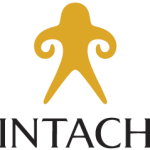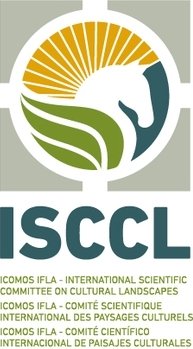Beyond the World Heritage List
The inscription of properties in the World Heritage List has overshadowed the responsibilities set out in articles 5 and 27 of the Convention and the accompanying 1972 Recommendation Concerning the Protection, at National Level, of the Cultural and Natural Heritage. Focus on the List has assisted the disproportionate promotion of a selective group of heritage properties, prejudicing the advancement of comprehensive global heritage conservation and management and contributing to the politicisation of the decision-making processes.
Since 1978, the UNESCO World Heritage list is in a constant process of evolution, and many activities have taken place until now. In order to better accommodate the discussion for ‘Beyond the List’, we present you with the necessarily long and short-term background information on the composition of the list and trends that should be recognised, such as foundational documentation, programs, studies and manifesto’s.
This inventory non-exhaustive and far from completion, we welcome missing keystones that you think fit:
World Heritage List + statistics (UNESCO World Heritage Center)
Global Strategy for a Representative, Balanced and Credible World Heritage List (UNESCO World Heritage Center)
Gap Report -The World Heritage List: Filling the gaps – an action plan for the future (ICOMOS, 2005)
World Heritage Programme for Small Island Developing States (SIDS) (UNESCO World Heritage Center)
Linking Universal and Local Values: Managing a Sustainable Future for World Heritage (UNESCO World Heritage Center)
















TOPIC
From 1972 until today the world has changed profoundly with climate change, and civil society increasingly empowered and connected through social networks. New decentralized and democratic models of governance have enabled wider distribution of natural and cultural heritage on the UNESCO World Heritage list. While these globally exceptional sites have universal value, local and regional heritage is important as an essential for people and communities. This heritage links communities throughout the planet through places rich with identity and meaning.
To this heritage framework, we add the 17 UN Sustainable Development Goals and 169 targets as a central issue for public policy, personal action and adoption at all scales of government. Heritage is a great articulator of sustainability: social; environmental; and economic; that cross, in a transversal way, all 17 UNSDGs toward achieving the 2030 Agenda.
This panel proposes to demonstrate how natural and cultural heritage, essentially democratic and inclusive, is a key elements and contributor to economic, social, environmental and cultural innovation. Heritage contributes to global agendas for a sustainable life in community and in symbiosis with the broader territory.
SPEAKERS
Lukasz Madrzynski (孟巨石), (Co-founder and General Manager of Wild Mountain Education Consulting Ltd.) – representing Wild Mountain Education Consulting Ltd. (杉野自然) (China) TBC
Sibongile Masuku (South African National Commission for UNESCO) and Soul Shava (Environmental education professor at University of South Africa) – representing the African World Heritage Fund
Juan Carlos Barrientos García (Coordinator of Educational Programmes at European Heritage Volunteers) – representing European Heritage Volunteers
Meetali Gupta (student of World Heritage Studies at the Technical University Brandenburg (Germany) – representing European Student Association for Cultural Heritage
Luis Hernández (Inter American Development Bank collaborator) – representing Living heritage Program (Chile)
Karin Kardenas (Unidad de Patrimonio de Chillan) – representing Local Government for Heritage (Chile)
Cristian Heinsen (Altiplano Foundation and the Sarañani! – Let’s walk) – representing the School of Conservation (Chile)